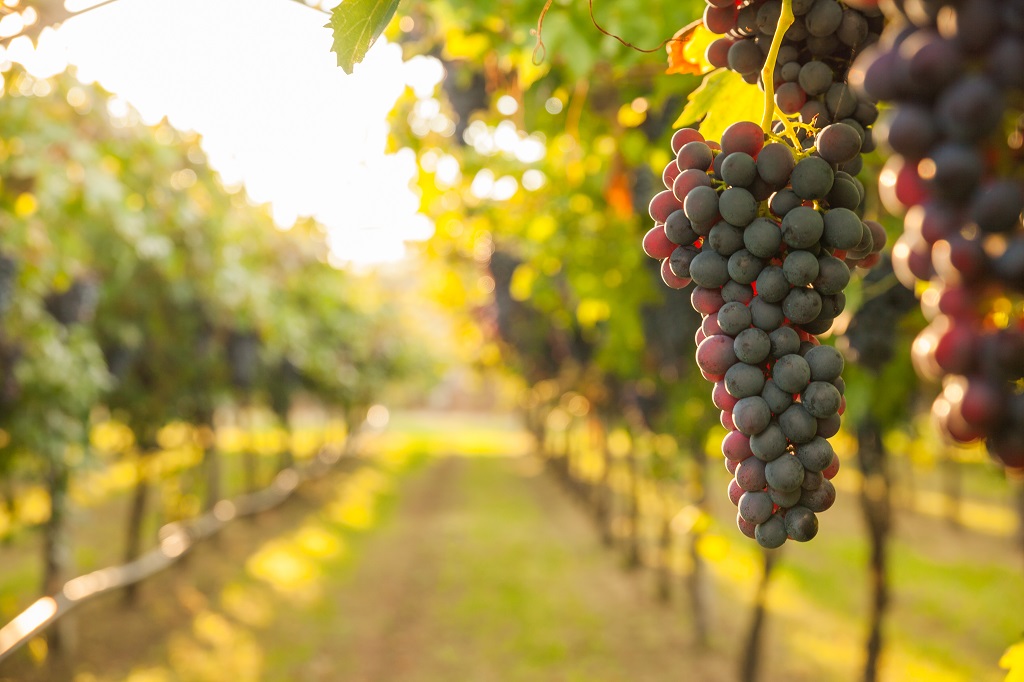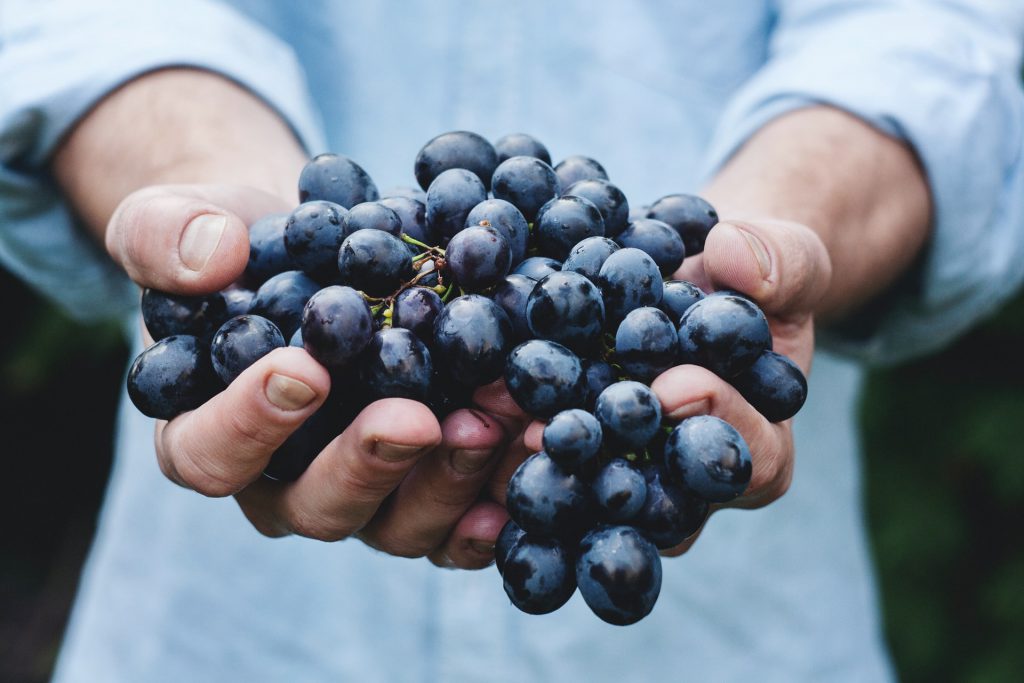Aging Faithfully: Saving the Best for Last
Aging Faithfully: Saving the Best for Last

An image that encourages me as I live out the retirement years is the image of wine. When Jesus miraculously turned water into wine at the wedding feast, the steward at the wedding commented to the bridegroom, “Everyone serves the good wine first, and then the inferior wine after the guests have become drunk. But you have kept the good wine until now” (John 2:10, NRSV). Using this as a metaphor for the aging process, I might say, “I thought you gave me the best gifts when I was young and able to use them well. I thought you would save the inferior gifts for when I am old and slow and nobody cares.” Perhaps Jesus would answer me, “I have saved the best for the end of the party.”
Wine is a good image for old age because wine comes from fermented fruit. Fermentation is the process by which grapes transform into wine. The science of fermentation is called “zymology.” Spiritually speaking, it is not too farfetched to say that as we age, God is performing a zymological act to ferment us into new wine. It takes a long time for grapes to ferment into wine. Perhaps that is why God saves the best wine for the end of our lives. We need time to ferment.
My friends who are wine connoisseurs describe wine by its flavor, the kind of wood barrel where it was fermented, and the meals it should be served with. I often laugh at the descriptions of the wines on a dinner menu. I don’t know what they are talking about! But I do know that we need to pay attention to the wine of our own lives. What is fermenting in our lives? What are the fruits—not the accomplishments—that we can focus on now? What foods (activities) will “pair” well with our lives in this season? Like experienced wine tasters, we can begin noticing whatever God is creating in us and for us in this season of our lives.

Photo by Maja Petric on Unsplash
On another occasion, Jesus used a different image of wine to describe our spiritual journey. In a discussion about fasting with his disciples, Jesus said, “No one pours new wine into old wineskins. Otherwise, the new wine will burst the skins. . . . New wine must be poured into new wineskins” (Luke 5:37-38, NIV). Commentators tell us that Jesus was referring to how wineskins (made from animal skins) stretched with use. If new wine was poured into old skins, it might expand as it continued fermenting, and the skins could break.
This image can be applied to the process of aging. As God graciously continues to ferment the fruits of the Spirit in our lives into new wine, he pours this wine into the wineskins of our souls. Our bodies may become old as we age, but the wineskins of our souls need to continually be made new. If our wineskins are old, they may not be able to hold the new wine. It is significant that Jesus taught about the importance of new wineskins when he was responding to questions about the rules for fasting. The Pharisees were used to a life of obeying the law and wanted to know what the rules were. Jesus wanted to describe new wineskins, full of grace and love.
Many of us arrive at the door of old age with a lot of rules, which have become laws for ourselves and for others. Our old wineskins probably have held a lot of these laws. Some of these rules are self-made. Some we have been taught. Most of our rules look very good. But Jesus came to replace a legalistic perspective with grace. As we age, God creates new wineskins in our souls to contain our new attitudes toward life. We may find that we are able to hold life more loosely. The things we thought were so important seem less so. When we grow older, we may (hopefully) become more flexible and less rigid toward ourselves and toward others. Our new wineskins become places in our souls to contain the transformations God offers us as we age. As we receive these new wineskins for our well-fermented wine, we will grow in our capacity to love others well.
The image of wine God gives in Scripture gives a glimpse of how different our retirement years might be. It invites us to look for new life in the ongoing changes age brings. As we let go of youthful perspectives we have outgrown, we become people who are like finely aged wine—wine that we will enjoy and that we will give to others.
Alice Fryling is a spiritual director and author. She and her husband worked with InterVarsity Christian Fellowship for over fifty years. Alice has also been actively involved in church ministry and teaching workshops on the Enneagram and Myers-Briggs Temperament Inventory. Her books on relationships, spiritual formation, and spiritual direction have sold over half a million copies and are published in over ten languages. She and her husband, Bob, are parents of two daughters and grandparents of two grandsons and two granddaughters. They live in Monument, Colorado. Learn more about Alice Fryling at www.alicefryling.com.
Let’s keep the conversation going.
Chat with us on Instagram @navpressbooks // Facebook @navpresspublishing // #agingfaithfully #agingwell



